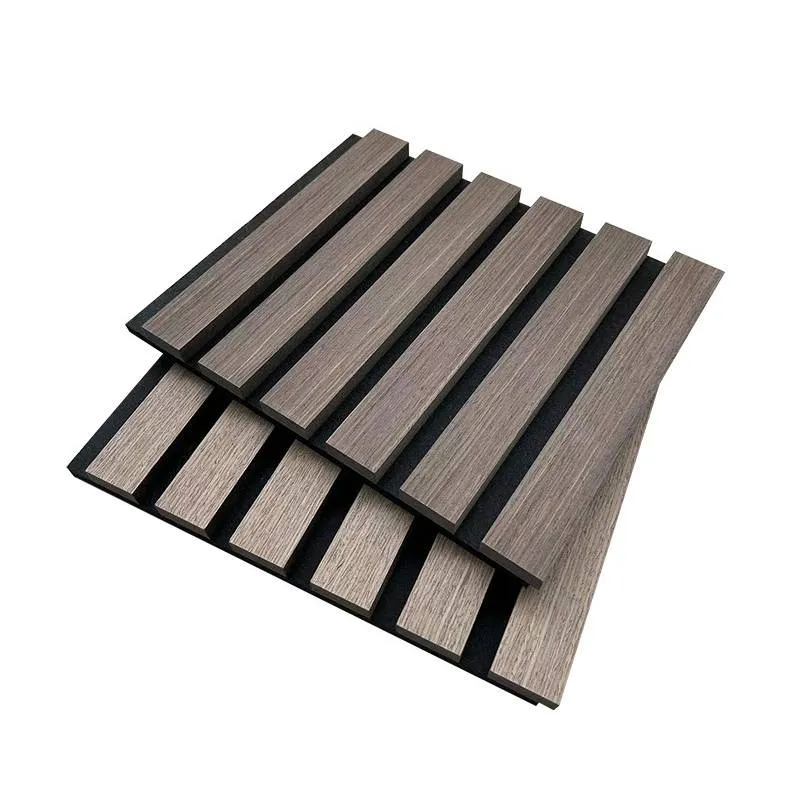The Benefits of Wood Paneling for Soundproofing
When it comes to creating a comfortable and quiet environment within our homes or workplaces, soundproofing often takes center stage. While there are numerous techniques available to achieve this, one of the most aesthetically pleasing and effective methods is the use of wood paneling. Wood paneling not only serves functional purposes but also adds a touch of elegance to any space. In this article, we’ll explore how wood paneling can significantly enhance soundproofing and its other benefits.
Understanding Soundproofing
Before diving into the specific advantages of wood paneling, it is essential to understand what soundproofing entails. Soundproofing refers to the process of reducing noise pollution from both outside and within a space. This can be achieved by using various materials that prevent sound waves from traveling through walls, ceilings, and floors. Different materials have different ratings when it comes to sound transmission, with some being more effective than others.
Wood Paneling as a Soundproofing Solution
One of the key benefits of using wood paneling in soundproofing is its natural density. Dense materials tend to absorb sound better than lighter ones. Wood, being a dense material, can dampen sound vibrations, thereby reducing noise levels effectively. The thickness and type of wood used in paneling can further enhance its soundproofing properties. Solid hardwood panels are particularly known for their efficacy in minimizing noise transmission.
Moreover, when wood paneling is installed with a layer of insulation material, such as foam or fiberglass, it creates a dual barrier that effectively absorbs and reflects sound. This combination can significantly decrease echo and reverberation, making spaces like studios, offices, and home theaters quieter and more pleasant.
Aesthetic Appeal and Versatility
wood paneling soundproof

In addition to its soundproofing benefits, wood paneling also brings unmatched aesthetic appeal to any interior design. It can be customized to fit various styles, whether rustic, modern, or something in between. With a vast selection of wood types, colors, and finishes available, it's easy to integrate wood paneling into any décor scheme.
Furthermore, wood paneling is highly versatile. It can be applied to walls, ceilings, and even as flooring material to create a cohesive and elegant look. The warmth of wood can make a space feel inviting, which is crucial in areas intended for relaxation or socialization.
Economic and Environmental Benefits
Investing in wood paneling for soundproofing can also be economically viable in the long run. While the initial cost may be higher compared to some synthetic soundproofing materials, the longevity and durability of wood can save you money on repairs and replacements. Additionally, wood panels can increase the value of your property. Homes with quality wood finishes tend to attract higher prices in the real estate market.
On the environmental front, wood is a sustainable resource, especially if sourced from responsibly managed forests. Unlike synthetic materials that may off-gas harmful chemicals, natural wood contributes to better indoor air quality. By choosing eco-friendly wood products, homeowners can enjoy both aesthetic and health benefits.
Conclusion
Wood paneling offers a comprehensive solution for those looking to enhance soundproofing while improving the overall look and feel of their space. Its natural density and ability to absorb sound, combined with its aesthetic versatility and sustainable qualities, make it an excellent choice for soundproofing in both residential and commercial environments. In a world where noise pollution is an ever-increasing concern, investing in wood paneling could be a crucial step towards creating a serene and visually appealing atmosphere. Whether you are renovating your home, designing a new office, or building a studio, consider the multifaceted advantages that wood paneling can provide in terms of soundproofing and beyond.
